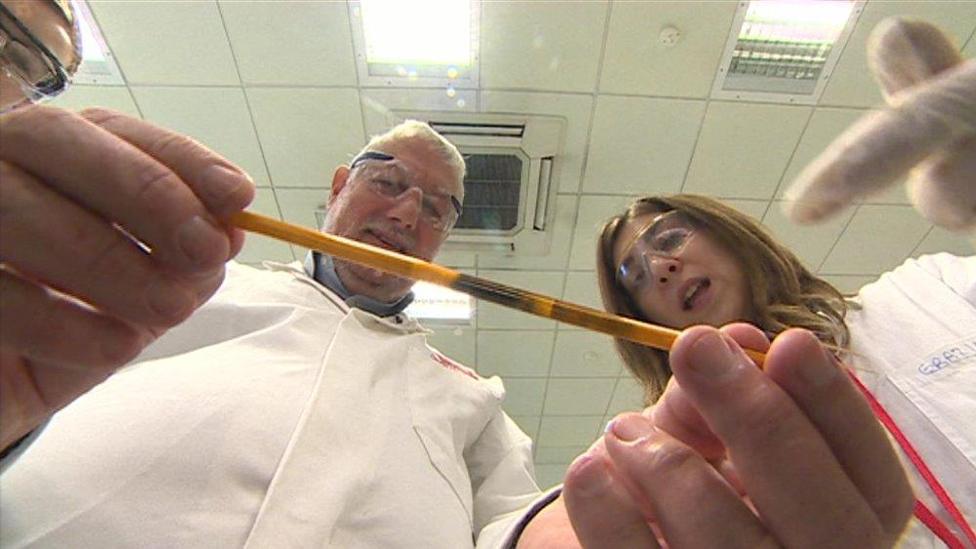Machynlleth declares 'climate emergency'
- Published
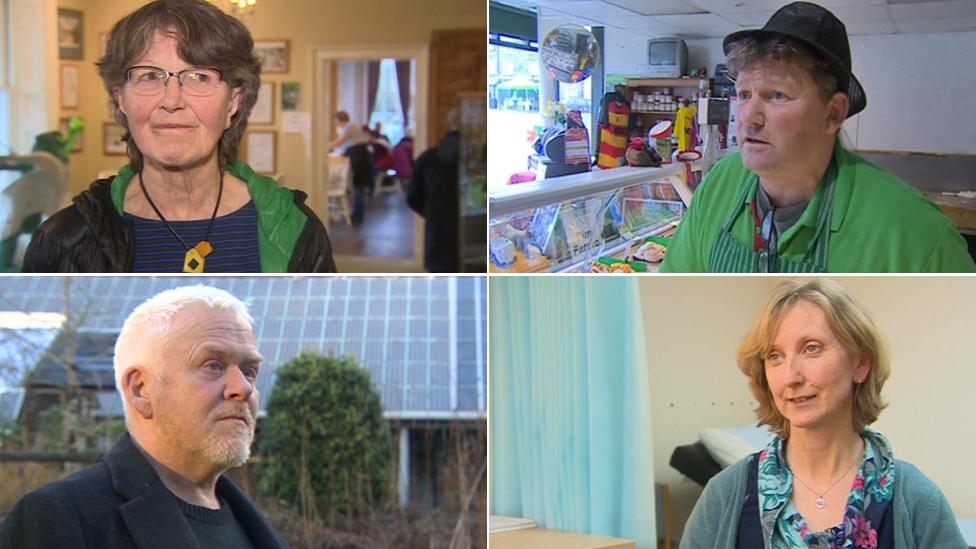
Backing the plan: Ann MacGarry, William Lloyd Williams, Dr Julia Wallond and Paul Allen
A small market town is throwing its weight behind the global fight against climate change, becoming the first in Wales to declare a "climate emergency".
Machynlleth is following in the footsteps of more than 20 cities in England and around the world, including London and a Melbourne local authority.
It is looking at ways to become carbon zero, such as improving the energy efficiency of buildings.
It also wants to create an electric car club.
"To be mentioned with Melbourne and London seems a bit silly," William Lloyd Williams, a local butcher said.
"But it's the same problem of climate change that affects large and small communities."
Machynlleth town council backed the decision unanimously, after being presented with a petition signed by 500 locals - a quarter of the Powys market town's population.
"We felt it could be significant and symbolic to be the first town in Wales… and we've been amazed by the response," Dr Julia Wallond, a GP in Machynlleth said.
"Several of the local towns around us are also possibly looking at doing the same. It really seems to have caught something that is in the air."
Powys County Council has also backed a motion "acknowledging the climate change emergency", inspired by Machynlleth's move.
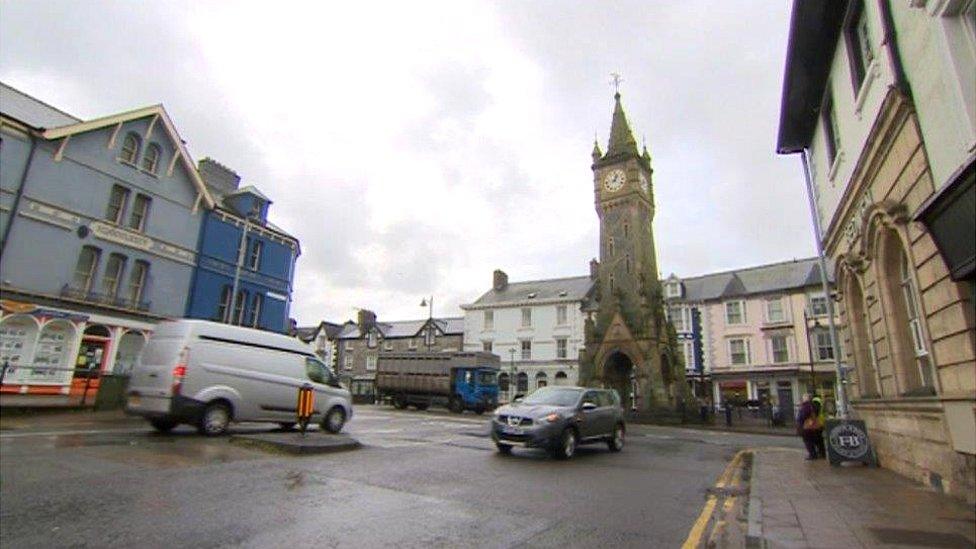
Machynlleth is a market town in Powys
It includes an ambition to make its buildings more eco-friendly, encourage renewable energy developments and ensure its pension fund divested from fossil fuels.
Machynlleth town councillor Ann MacGarry said there was "a lot of enthusiasm to make this happen".
"There are all sorts of suggestions about trying to make the town as zero carbon as soon as possible," she added.
Support for the plan has ranged from the women's institute to the doctor's surgery.
Machynlleth's mission to tackle climate change
Dr Wallond said she believed the transition to a low carbon town would provide long term health benefits, including "more opportunities for safe exercise outside, and better air quality".
Meanwhile, Mr Williams said he hoped it would encourage people to support local businesses instead of travelling long distances in their cars.
And while climate change has, in part, been attributed to our consumption of meat, sustainable farming with a low carbon footprint will also help to mitigate the risk of climate change, locals say.
"Buying the animals from local farms within a 15-20 mile radius, we process them at our own small abattoir, so that means we're processing the animals as close to point of origin as possible," Mr Williams said.
Machynlleth councillors will now have to prepare an action plan within six months.

Ideas being considered
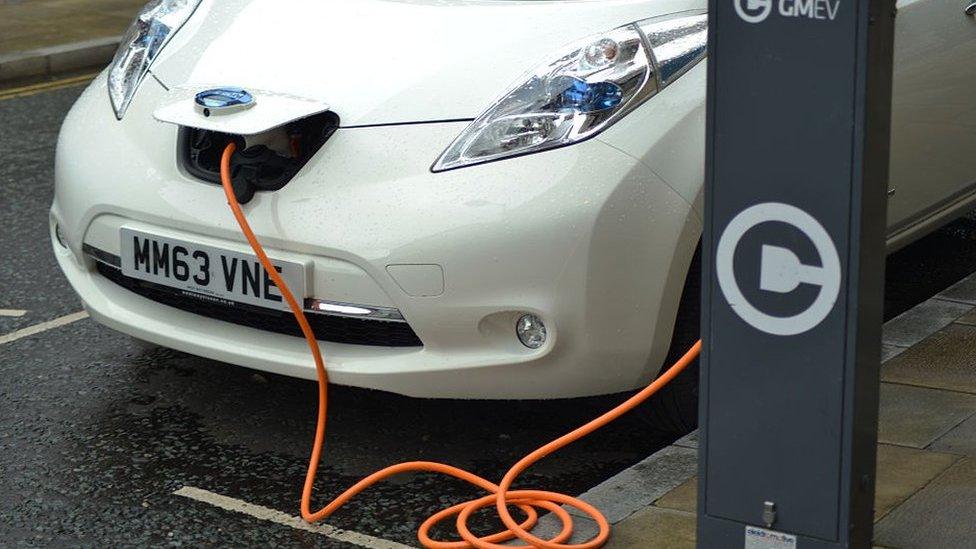
The town wants more chargers for electric cars
Creating a new car club so people can share access to vehicles
Improving low carbon transport options like more chargers for electric cars
Improving energy efficiency of the town council building - Y Plas
Help and advice for people to better insulate their homes
Mentoring programme for community groups on ways to cut emissions

It is what Paul Allen, of Machynlleth's Centre for Alternative Technology (CAT), describes as "multi-solving".
As director of the Zero Carbon Britain Project, he has advised both the Welsh and UK governments on measures to reduce carbon emissions.
"Doing the right thing [for climate change] has benefits in other areas as well - cost savings, health benefits, and it gives a sense of empowerment to the community that they're doing something they believe in," Mr Allen said.
"I think that what we'll see this year is more and more towns like Machynlleth all making their declaration, and beginning to do their plans.
"If it starts to happen here, there and everywhere then it makes a huge amount of difference."
Students studying for postgraduate qualifications at CAT in eco-design and sustainability will support the town council, turning Machynlleth into what Mr Allen describes as "a live lab for experimental thinking".
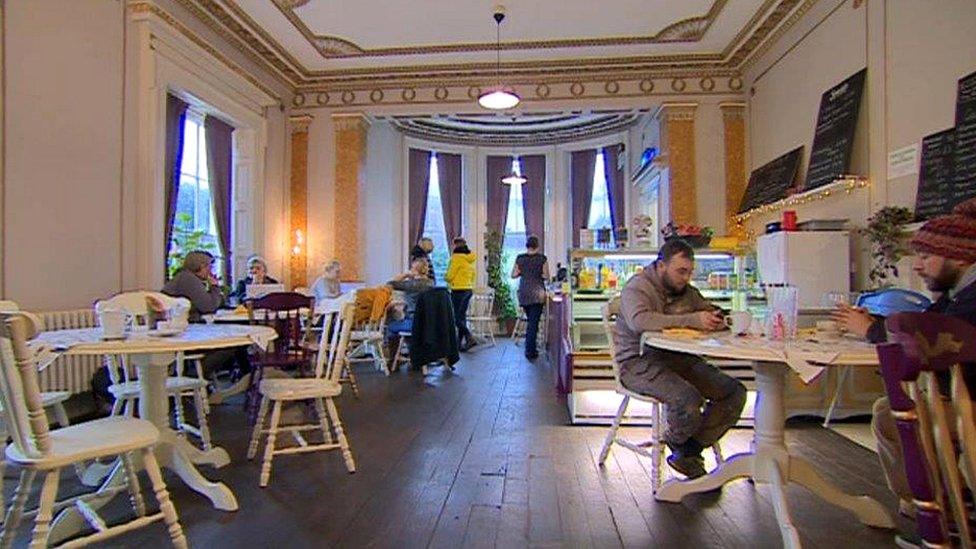
Y Plas is a Grade II listed building but it is not energy efficient
An immediate priority will be to focus on the town council's own building - Y Plas - which is a hub for the community, and includes a café and art gallery.
Improving the energy efficiency of the listed Georgian mansion will require applying for grants from the Welsh Government.
Andy Rowland, who manages local social enterprise EcoDyfi, said he hoped applications could also be made for lottery cash.
"We can set up practical schemes to enable people to take choices that are less carbon intensive," he said.
"And across Wales I think we have the potential to be something of a beacon."
- Published20 January 2019
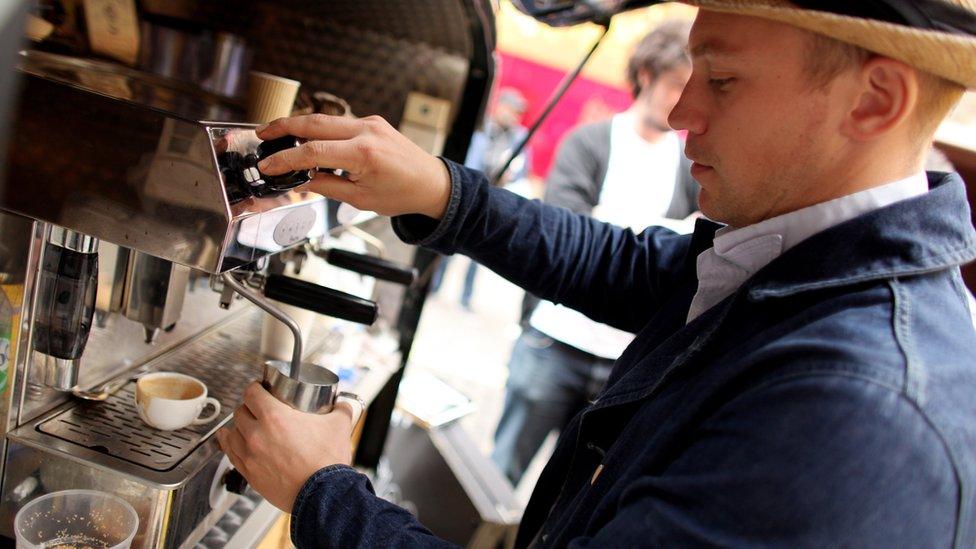
- Published18 January 2019
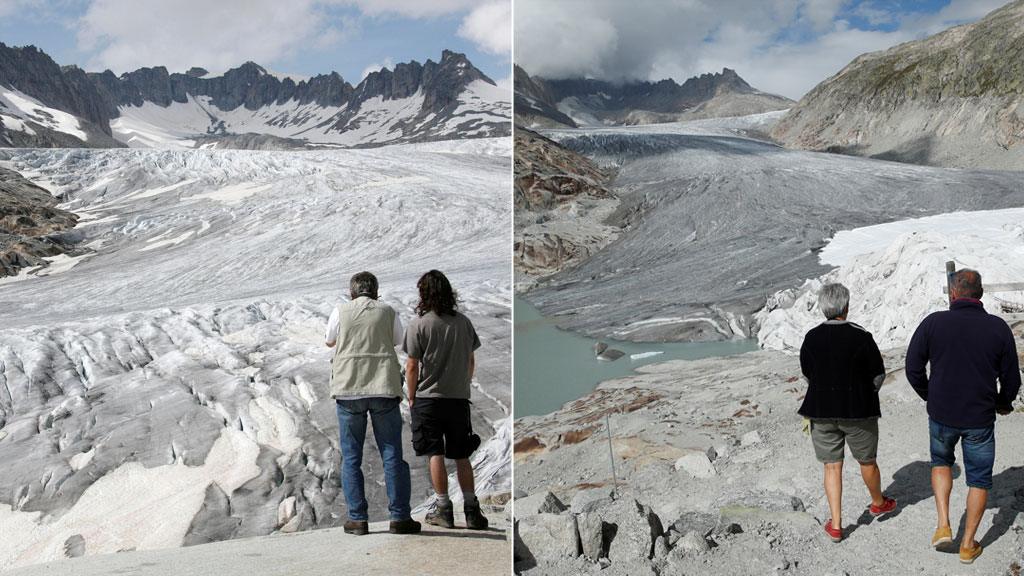
- Published3 January 2019
